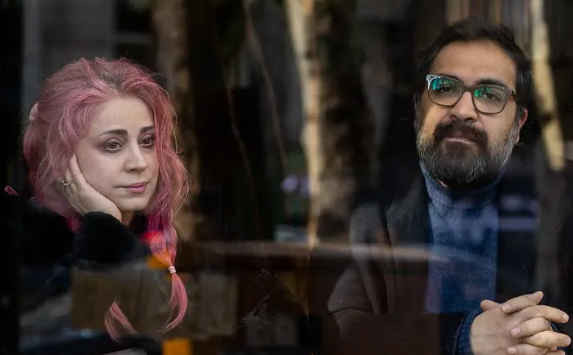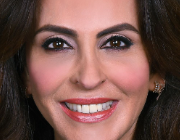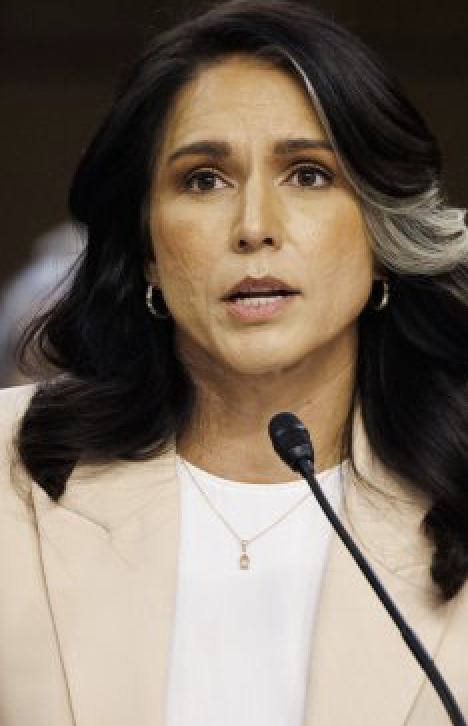Morsi flew to Saudi Arabia last Wednesday for meetings with King Abdullah and Crown Prince Salman. Morsi’s choice of destination was highly significant.
The talks were believed focused on repairing ties that had been close during the rule of former President Hosni Mubarak but frayed after his fall 16 months ago.
Morsi’s choice for his first official visit showed that he saw relations with Saudi Arabia as far more important for his term than relations with Iran.
Iran had been hoping to be the first country to host Morsi and expected to use that to build up its own public status in the Islamic world.
Riyadh backed Mubarak against the millions of Egyptians who poured into the country’s squares and streets to demand his removal. However, the estrangement had to end because Egypt, the largest and most populous Arab nation, and Saudi Arabia, the richest and one of the least populous, have major national interests in rebuilding ties at all levels.
Thousands of Saudis, including members of the ruling family, businessmen and students, live in Egypt, while 1.7 million Egyptians live and work in Saudi Arabia.
Saudi Arabia has investments in Egypt worth $27 billion and employing 88,000 Egyptians. Saudi Ambassador to Cairo Ahmad bin Abdel Aziz al-Qattan said the kingdom’s investments in Egypt could be expected to increase. This should be music to Morsi’s ears as he is in urgent need of funds to develop Egypt and find jobs for millions of people.
But beyond economic issues, the agenda was almost certainly focused on Shia Iran. The Saudis are seeking reassurances from Morsi whose party has pledged to improve relations between Cairo and Tehran. The Saudis fear this could bring about a shift in the balance of power in the worldwide Muslim community and in the region. But to Saudi joy, Morsi has ignored Iran since winning election.
Morsi will visit Iran late next month for the summit of the Non-Aligned Movement. But that will be an international gathering, not an official visit to the Islamic Republic.
For decades, Riyadh had extended political and financial backing to Morsi’s party, the Muslim Brotherhood, seen as a counterweight to secular Arab nationalists. But the Saudis eventually shifted their support to ultra-orthodox Sunni Salafis, who have adopted the Wahhabi version of Islam practiced in the kingdom.
In Egypt and elsewhere, Salafis have emerged as powers on the political scene and are now the Brotherhood’s major competitors.
The Saudis were seen by many as signaling their determination to achieve rapprochement with the Brotherhood by publishing a photo in the London-based, Saudi-owned daily Ash-Sharq al-Awsat of the 1936 meeting between Brotherhood founder Hassan al-Banna and King Abdel Aziz al-Saud, founder of the kingdom and father of the present king and crown prince.






















